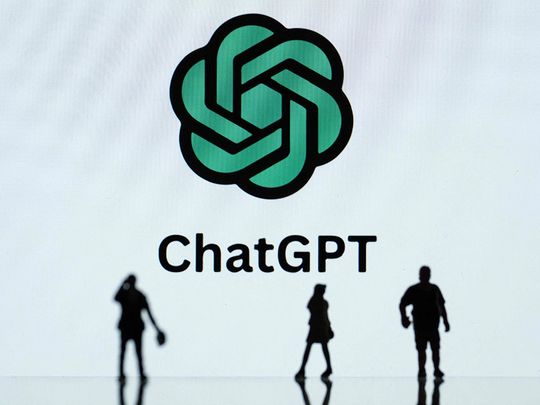Did a computer write this? Book industry grapples with AI
AI's relationship with publishing threatens to throw up a host of legal problems The publishing industry in Germany is dealing with rapid developments in artificial intelligence, with concerns raised about the impact of generative AI on various sectors including the publishing industry. Since the launch of ChatGPT last year, there have been concerns about the potential impact of this technology on authors' intellectual property. The Authors Guild, an organisation representing writers, has accused Amazon of using their books without permission to train chatbot chatbot "large language models", algorithms capable of producing human-sounding text responses based on simple queries. Amazon has issued new guidelines requiring authors who want to sell books through their self-publishing unit to tell the company in advance if their work includes material generated using artificial intelligence.

Pubblicato : 2 anni fa di AFP in Tech
Frankfurt, Germany: From low-quality computer-written books flooding the market to potential copyright violations, publishing is the latest industry to feel the threat from rapid developments in artificial intelligence.
Since the launch last year of ChatGPT, an easy-to-use AI chatbot that can deliver an essay upon request within seconds, there have been growing worries about the impact of generative AI on a range of sectors.
They are asking "what happens to authors' intellectual property? Who does new content actually belong to? How do we bring this into value chains?" he said.
The threat is plain to see - AI writing programs allow budding authors to produce in a matter of day novels that could in the past have taken months or years to write.
These areas were "easier than the field of fiction, where I think at the moment people still tend to look a bit more at the risks", she added.
"Then you get into a real mess, and it is a huge theme. There is also really a lot of money involved," he said.
Along with the Authors Guild, an organisation representing writers, they accused the California-based company of using their books "without permission" to train ChatGPT's "large language models", algorithms capable of producing human-sounding text responses based on simple queries, according to the lawsuit.
Amazon recently released new guidelines that require authors who want to sell books through its self-publishing unit to tell the company in advance if their work includes material generated using artificial intelligence.
This, Boos joked, could bring "some relief" that "people don't have to deal with that kind of content any more, and it can simply be generated at home on the computer".
Temi: AI
